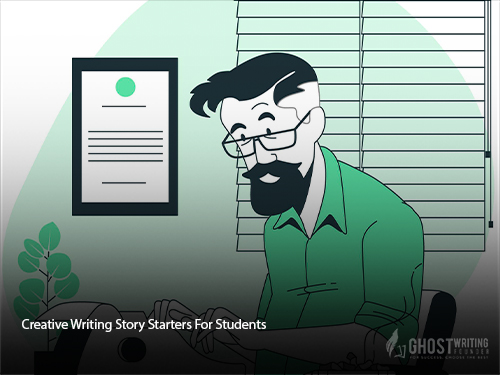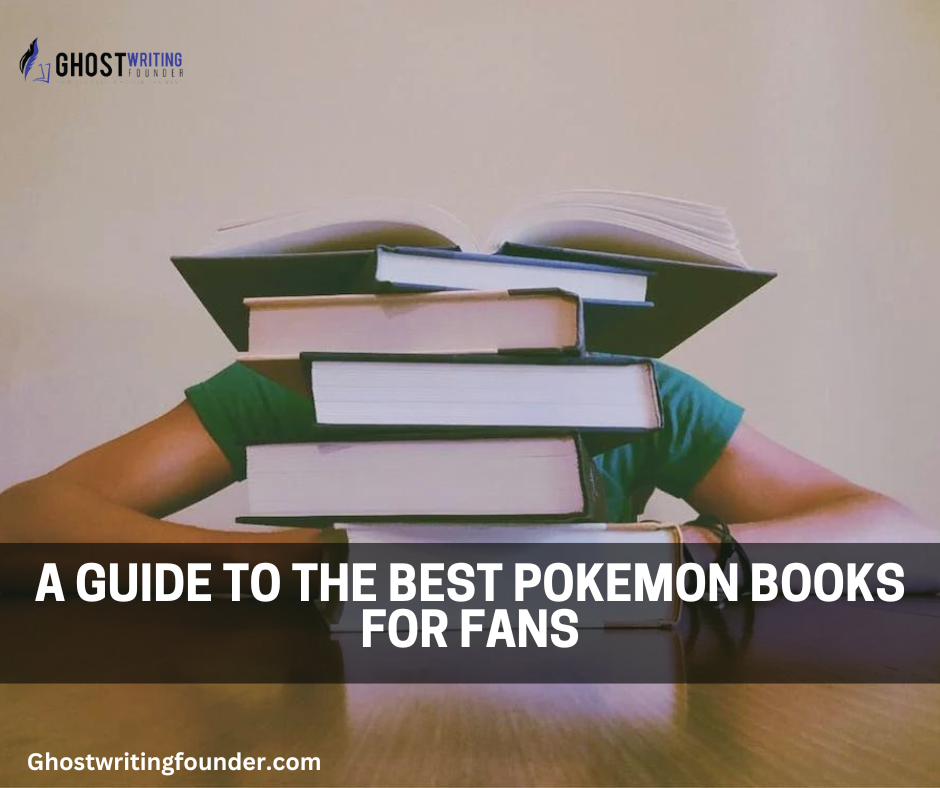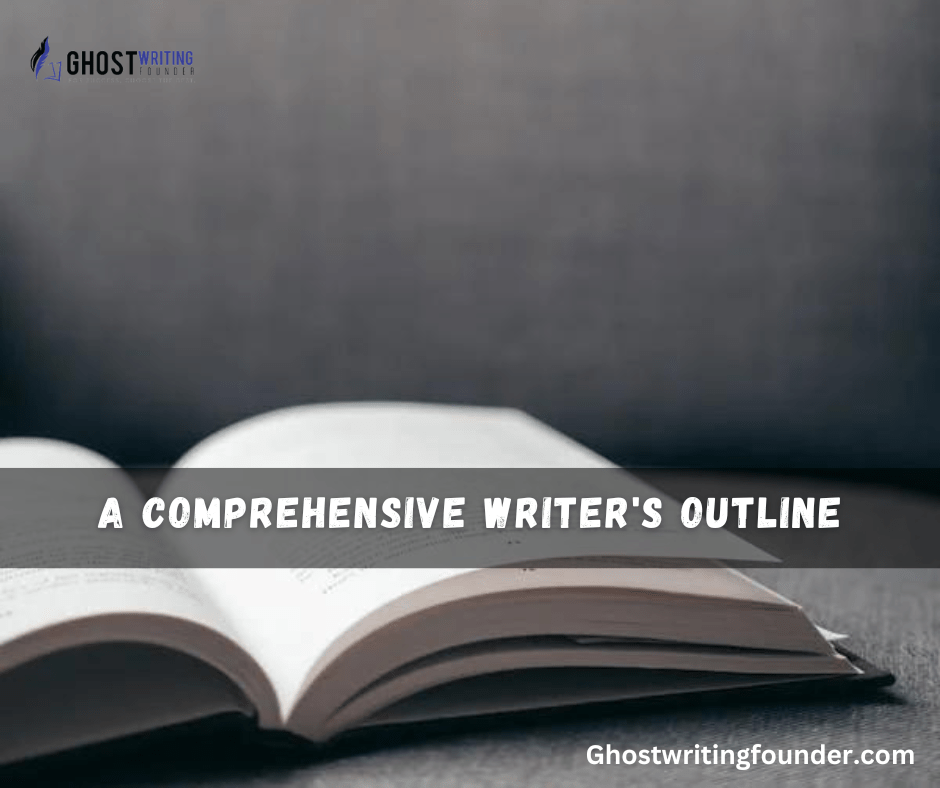
Writing
Outside of the business writing and hard journalism world, lies a very realm of the creative writing. Even if you are brand new to this kind of craft, a non-fiction writer looking to experiment, or a normal writer who is wanting to change into a published author, refining your creative writing skills is the step to your success.
What is creative writing?
Creative writing story is a kind of writing which encompasses a number of other genres and different styles besides the more formal scope of technical writing or academic writing. Creative writing keeps its main focus on such elements as character development, narrative, story plot, and infusing its structure with imagination and the story.
Five basic types of Creative Writing.
Creative writing story comes in many different kinds and also is widely accessible to any kind of writer. Some of the writers dabbles in the creative writing while in high school, while most of the people join the creative writing story programs to get the certificate like the Masters in Fine Arts (MFA) degree. In my opinion most of the people do it just for the fun, while those who don’t do it for fun want or have the dream to write the next New York Times bestseller. Regardless of these reasons, there are many things that you may explore when it is all about the creative writing.
The list of the kind of creative writing starts now:
- Fiction Writing: Within this, there are a lot of genres and also sub-genres, both the short stories and the novel-writing would involve a broad breadth of styles, themes, details that are created by the authors to create worlds that may feel like real life to who may read it. When fiction is written it may provide a writer plenty of freedom to build an imaginative official story populated by fictional characters who may be relatable and may be three-dimensional.
- Creative Non-Fiction Writing: In this genre incorporates many different literary styles to convey truthfully and creative writing techniques, also non-fictional narrative
Creative non-fiction is like personal essays and memoirs, use more emotions and try to emphasize the tone and the story over more traditional sub-genres of the creative writing story or Non-fiction.
- Screenwriting: This puts together the narrative into some block or parts of actions and the dialogue texts, which are setting up the whole scenes and often following a three-act structure about a story. Traditionally, scripts have been written exclusively for both television shows or films, but the intro to the new technology and the streaming devices have made it possible for variation in the formats to exist.
- Playwriting: This is a kind of creative writing that means it would be performed on the stage live. These plays can be one-act long or several, but maybe due to any kind of limitations on effects, space, and the live capabilities, these plays must use as much creativity in order to tell properly tell an immersive and complete story.
- Poetry Writing: Poetry is basically rhythmic prose that may express ideas with musicality. It also can be written or be performed. It shall be short or contains various verses. It should have no rhyme scheme, also an intricate and repetitive one. Poetry is like writing songs, it is a versatile writing kind which allows the author to utilize cadence and mete to increase the expressions.
Here are some tips for a creative writing story, that you may find useful to improve your creative writing story. Do read some of the following creative writing story tips.
- Read, read and read: It may be pretty hard to hang off the creative writing story if you don’t have the references to get the ideal from. The notable writers throughout history have written some excellent examples of some great creative writing story work that shall require reading for any budding creative writing story writer. You can read some of the famous works by some of the great creative writing story writers, that are available in plenty of genres to get the real feel of the work that is the best of the industry that you are working in and where your interest may lie.
- Always keep writing: The key is not to ignore the random ideas that you get for the creative writing story as it may be gone in a blink of an eye. Even the worst of the ideas can inspire the good ones, and you might not know what may trigger someone’s inspiration for an idea later on. You may keep a notepad along with you or download the note app which may be handy for you to write down the ideas or record any kind of content you had a thought about. It may be handy in a lot of ways that you may not think of.
- Have a point of view: Fiction writing contains a message, story, or some kind of a lesson to share. A narrative without having a drive behind it will feel flat and unclear, and would make your audience not understand the whole point of the main story and why should they care. The creative writing story writers shall use their own voice to tell a story that resonates with your readers and may connect with them in a way that may leave a long-lasting impression.
- You may use literary devices: these devices may help you write vividly and create some imaginative scenes, that should be integral to good writing. Similes, metaphors, and other figures of speech will create an impactful image that would boost creativity and paint powerful pictures. Assonance, consonance, and alliterations may enhance the sound and rhythm of your words.
- You shall know your audience: Is this a creative writing story for beginning writers? Or you are working as an academic writer or trying to break out into the young adult market? There may be a rare piece of writing that may appeal to all of the demographics, so you may have to know your audience, this will help you narrow its tone and the scope in a way that appeals to your targeted audience.
- You need to start writing: this may be the most important of the processes, especially for beginners. Many of the beginners can feel embarrassed or intimidated through their creative writing story where their imagination is being used. Anyways, through freewriting, creative writing story exercises, writing prompts, practices, you may be able to improve your own writing skills and become a better writer in no time.
- Embrace Rewriting: only the most professional of the writers get everything right in the first draft, the writer with less experience doesn’t get it right in the first one. You might have the flexibility with your content, and you don’t have to be afraid to strip the fluff away. You may eliminate what is not necessary, or in some cases, you may completely start over. The process of world-building and story-telling would take time and a lot of thinking, and only through rewriting may make you able to craft a new version that would work best.
Key Characteristics and Profound Details
| Creative Writing Aspects | Details | Benefits & Tips |
|---|---|---|
| Nature of Creative Writing | Encompasses various genres beyond technical and academic writing, focusing on imagination and storytelling. | Encourages writers to explore and develop their unique voice and style. |
| Types of Creative Writing | Includes fiction, creative non-fiction, screenwriting, playwriting, and poetry. | Offers diversity in expression, allowing writers to find their niche or experiment with different forms. |
| Fiction Writing | Involves creating imaginative stories with compelling characters and plots. | Stimulates creativity and freedom, enabling writers to build captivating fictional worlds. |
| Creative Non-Fiction | Blends factual narrative with creative writing techniques, like personal essays and memoirs. | Allows writers to express truth and reality through a more emotive and engaging lens. |
| Screenwriting & Playwriting | Focuses on dialogue and action for films, TV shows, and stage performances. | Teaches the art of visual storytelling and effective dialogue crafting. |
| Poetry Writing | Uses rhythmic prose to express ideas with musicality, can be written or performed. | Encourages concise and powerful expression, enhancing the writer’s ability to convey deep emotions and thoughts. |
| Developing Writing Skills | Tips include reading widely, continuous writing, knowing the audience, using literary devices, and embracing rewriting. | Provides practical strategies for improvement, helping writers to refine their craft and engage their audience more effectively. |
- Get a writing workshop: creative writing story may expose you to a community of different writers who may aid in your creative writing story process by offering their feedbacks and also constructive criticism on different varieties of elements in your writing, like the story, and the details about the main characters, the setting of the characters according to their roles, and the choice of words that you are going to make to create the whole story and to build the three-dimensioned world for the readers to be interested into the creative writing story. These workshops give you a lot of different kinds of ideas for creative writing stories and also give you the broad sight for making stories, building characters for them. That main plus point of the creative writing story workshop is that when you are going to start writing they give you the practice for different kinds of writings so when you are going for your own creative writing story you are able to do much of everything by your own. Secondly, it makes you have the confidence to work on your own because they know that most people don’t stay in this industry. So the people get out completing the workshop know-how and why will they work on creative writing story and what are they going to do. Even if you are writing your first book or have much of the experience of the creative writing story industry who is suffering from writer’s block, these creative writing story groups may bring you a lot of help that you would not have even imagined with different kinds of helpful suggestion and inspirations you get when you meet or talk to different genre writers.









Leave a Reply